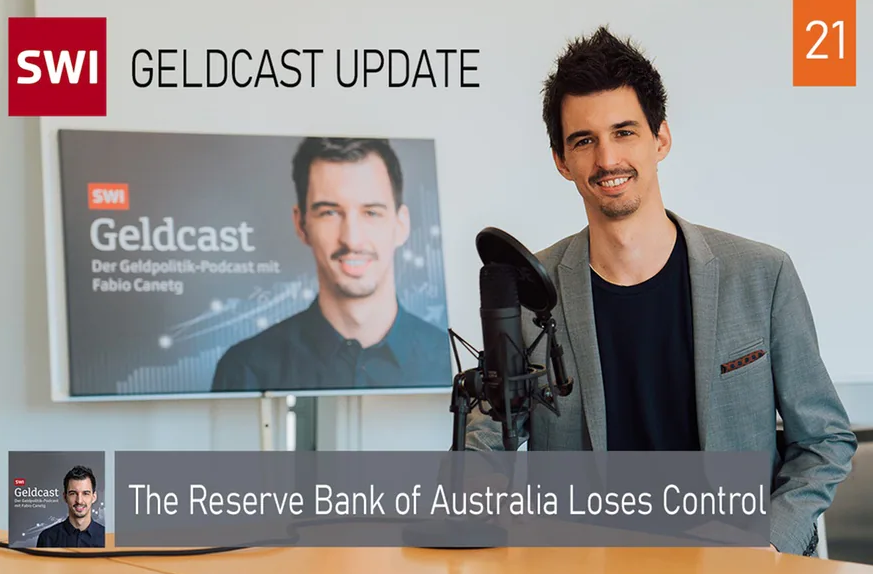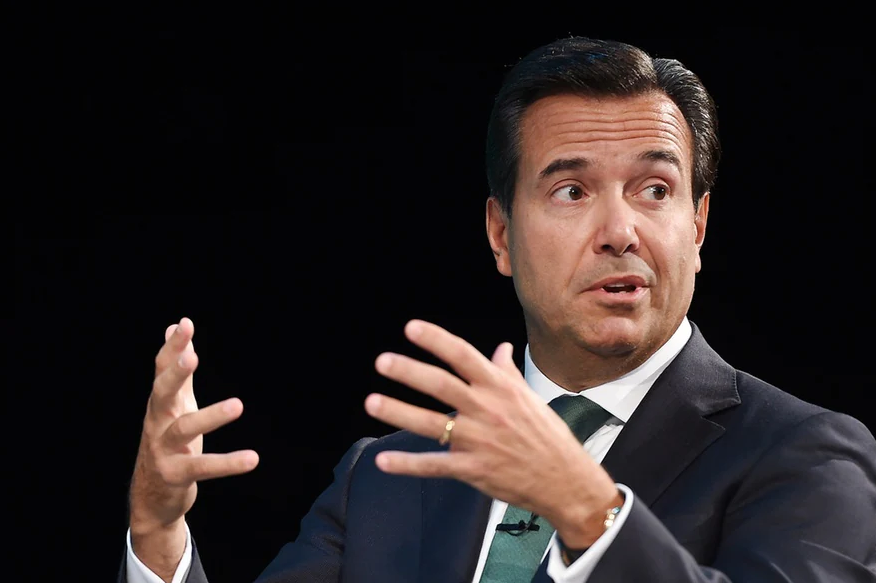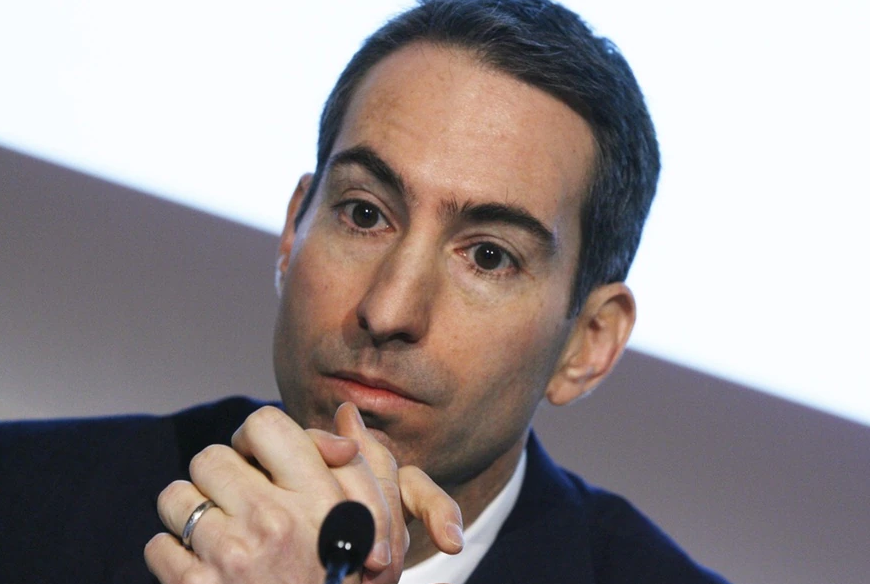Fabio Canetg The Australian central bank is being attacked by the markets and is losing control over interest rates. Something similar happened to the Swiss National Bank in 2015 with the minimum exchange rate for the euro. But what is behind this? The government should be able to borrow cheaply. That is what the Reserve Bank of Australia (RBA) promised when the pandemic broke out. It fixed the interest rate on three-year government bonds at 0.1%. Economists call this yield curve control. It worked without a hitch – until it didn’t. On October 29, investors sold Australian government bonds en masse. To keep interest rates stable, the RBA should have bought these government bonds. But it didn’t. As a result, interest rates rose to over 0.55%. What exactly happened?
Topics:
Swissinfo considers the following as important: 3.) Swissinfo Business and Economy, 3) Swiss Markets and News, Business, Featured, newsletter
This could be interesting, too:
Nachrichten Ticker - www.finanzen.ch writes Die Performance der Kryptowährungen in KW 9: Das hat sich bei Bitcoin, Ether & Co. getan
Nachrichten Ticker - www.finanzen.ch writes Wer verbirgt sich hinter der Ethereum-Technologie?
Martin Hartmann writes Eine Analyse nach den Lehren von Milton Friedman
Marc Chandler writes March 2025 Monthly
The Australian central bank is being attacked by the markets and is losing control over interest rates. Something similar happened to the Swiss National Bank in 2015 with the minimum exchange rate for the euro. But what is behind this?
The government should be able to borrow cheaply. That is what the Reserve Bank of Australia (RBA) promised when the pandemic broke out. It fixed the interest rate on three-year government bonds at 0.1%. Economists call this yield curve control.
It worked without a hitch – until it didn’t. On October 29, investors sold Australian government bonds en masse. To keep interest rates stable, the RBA should have bought these government bonds. But it didn’t. As a result, interest rates rose to over 0.55%.
What exactly happened? And what can the Swiss National Bank learn from it? Find out this and more in the latest Geldcast update.
From stock exchanges and bitcoin to inflation and monetary policy – the Geldcast update features the latest from the world of international finance. Clear and entertaining for everyone who wants to stay up to date. The podcast is hosted by monetary economist and business journalist Fabio CanetgExternal link.
Tags: Business,Featured,newsletter









